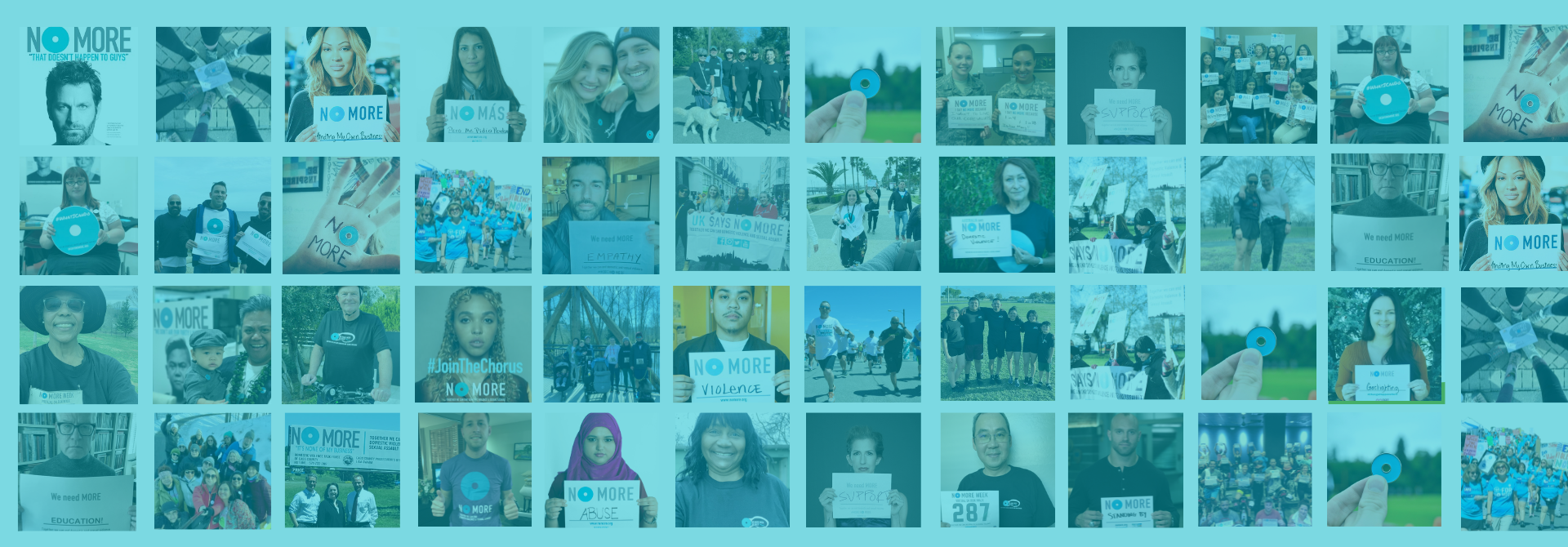Giving Male Sexual Assault Survivors a Voice

Researchers estimate that one in six men have been sexually assaulted or abused before age 18. So we were gratified to read this Washington Post Outlook section, which exposes the persistent double standard for adult male survivors of teen sexual abuse by a female. These survivors are often mocked, doubted, ignored, or even congratulated. After all, doesn’t every teenage boy dream of being seduced by an older woman? That’s the myth.
The Post article tells the story of Cameron Clarkson, who was sexually assaulted as a 16-year-old high school student by a female teacher, Gail Gagne. Gagne was ultimately fired and charged with a misdemeanor, a slap on the wrist compared with the felony charges she could have faced. Clarkson, on the other hand, was berated by teachers, admonished by attorneys, and targeted by anonymous harassers.
This is typical. From the story: “For male victims of sexual abuse, this is how it goes. Growing evidence shows that boys who are sexually preyed upon by older female authority figures suffer psychologically in much the same way that girls do when victimized by older men. But in schools, courts and law offices, male victims are treated openly with a double standard, according to interviews with a dozen experts in law, psychology and social work. … Male victims typically receive lower awards in civil cases, the experts say, and female perpetrators get lighter sentences.”
The important thing for men is to realize that this has happened to other men. There are 19 million fellow survivors.
Steve LePore is with 1in6, an organization that helps men who’ve had unwanted or abusive childhood sexual experiences live healthier, happier lives. 1in6 has enabled thousands of men come to terms with their experiences. While men deserve the same sense of justice as women, their recovery process is uniquely challenging.
“Often, if a teenage boy comes forward, the response is, ‘Wow, you scored!’” says LePore. “How horrible is it for a young boy who’s suffering trauma to be told that he should be happy?” LePore likens this response to the typical reaction that women historically faced when accusing a man. “Women were asked, ‘What were you wearing?’ Same take, different gender,” he says.
It’s no surprise, says Lepore, that most male childhood survivors don’t disclose their abuse until their late thirties or early forties.
So how can men cope?
Realize that there’s no timetable for recovery. “There are no schedules in recovery. Pace yourself. Don’t rush. Men tend to think: ‘Let’s quickly fix the problem and move on.’ My caution to men would be to stay patient. Seek out therapy and support, and ease into your recovery.”
Get support before going public. Once recovery begins, “There can be a rush for people to want to tell their truth. We are all for that if the timing is right, and if the man has support. But because there is an uncertainty around the way people will respond, do so when you have a support network in place. It’s enormously traumatic for a man to go public if he’s not believed,” says LePore.
Remember that you deserve compassion. “Little boys are told not to cry. Their masculinity is questioned. But there’s something wonderful and liberating about facing the past and reclaiming your life,” says LePore. Sadness and anger are justifiable and often cathartic.
Find a role model. “We want to reduce the age at which men deal with this so they can live a more complete life,” LePore says. “Often men begin to acknowledge their experiences when they hear someone else talk about it. They think, ‘If that guy did it, I can too,’” he says. 1in6 has resources for men to find other survivors, locate survivor workshops in their area, and ways to get peer support.
Most of all: Understand that you’re not alone. “The important thing for men is to realize that this has happened to other men. There are 19 million fellow survivors. And I don’t think I have ever spoken with a man who didn’t think he was the only one,” LePore says.
Men and boys are victims of domestic violence and sexual assault too. According to recent estimates by the CDC, 1 in 4 men have experienced violence by an intimate partner at some point in their lifetime and 1 in 5 men have experienced some form of sexual violence in their lifetime.
Will you help us end the stigma and shame for male victims of domestic violence and sexual assault? Join us in saying ‘no more’ to the myths and excuses that male survivors too often face.
National Domestic Violence Hotline at 1-800-799-SAFE (7233)
National Sexual Assault Hotline at 1-800-656-HOPE (4673)
Please visit 1in6 for additional resources and information for male survivors of childhood abuse.

Make a Difference
Enjoying the content? Consider becoming a monthly supporter. Your recurring donation helps ensure we can continue bringing you great content. Subscribe with a supporting membership for as little as $5 a month.
Become a ChampionTogether We Can End Domestic and Sexual Violence






